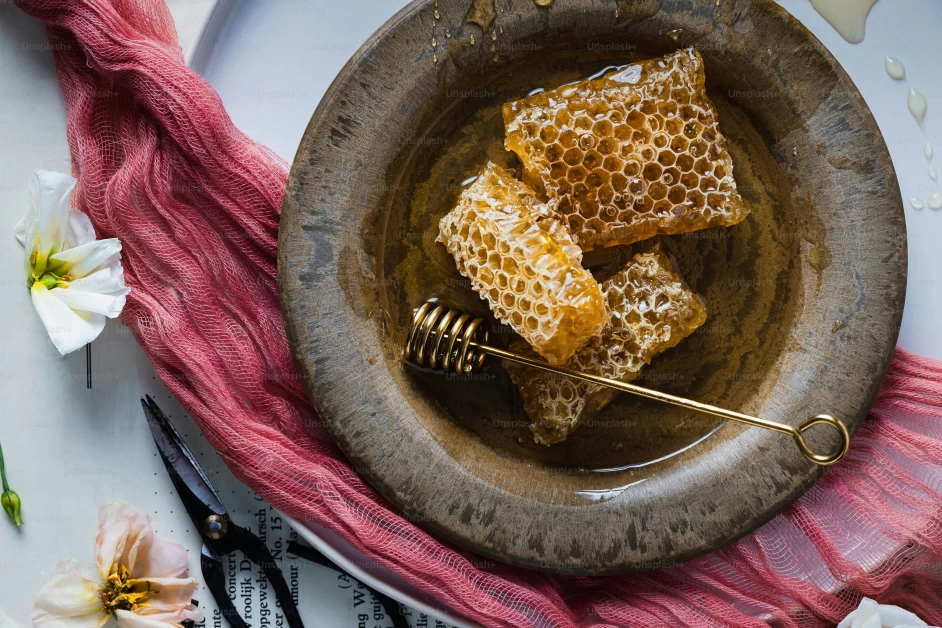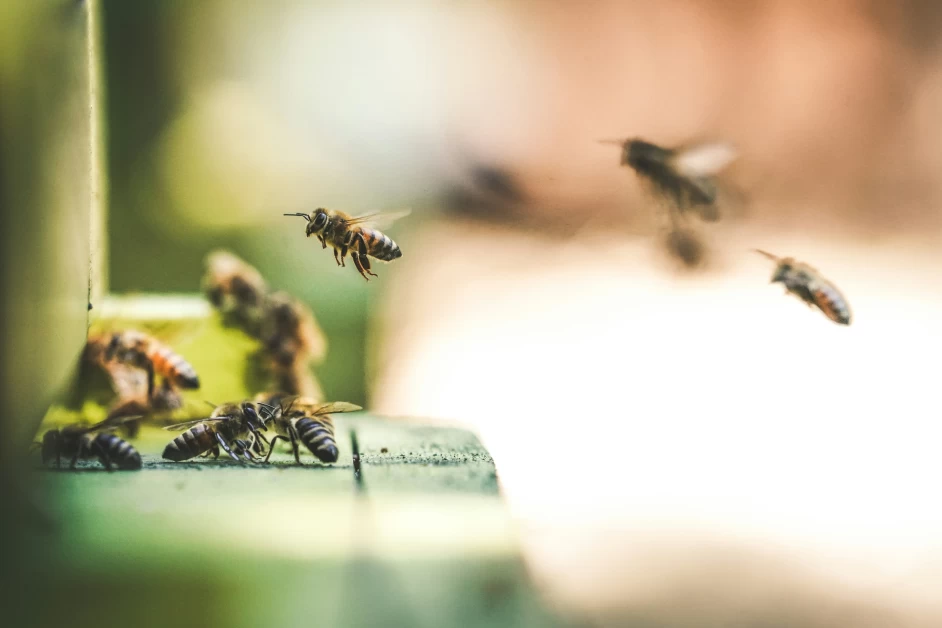Table of Contents
Manuka honey has gained popularity in recent years for its numerous health benefits, including its antibacterial properties. This unique honey, which is produced in New Zealand, has been used for centuries by the indigenous Maori people for its medicinal properties. In this article, we will explore the potential of Manuka honey as a natural antibacterial and its role in boosting the immune system.
The Power of Manuka Honey
Manuka honey is known for its high levels of antibacterial and wound-healing properties. It contains over 2,300 components that contribute to its unique therapeutic qualities. This honey has been scientifically proven to treat various health conditions, including gingivitis, acid reflux, burns, acne, and respiratory infections.
The antibacterial properties of Manuka honey are attributed to its low pH and high sugar content, which inhibit bacterial growth. Additionally, certain types of Manuka honey produce hydrogen peroxide, a bacteriocide that helps prevent infection. These factors make Manuka honey an effective natural remedy for wound healing and the prevention of bacterial and viral infections.
Using Manuka Honey for Immune Support
Research has indicated that certain components of Manuka honey stimulate immune cells, making it a valuable resource for boosting the immune system. By consuming Manuka honey regularly, you may enhance your body’s ability to fight off bacteria and viruses, especially during the winter months when flu and respiratory infections are prevalent.
It’s important to note that while Manuka honey can support immune health, it is not a cure or prevention for the common cold. However, incorporating this natural antibacterial into your daily routine may help strengthen your immune system and reduce the severity and duration of illnesses.
Choosing the Right Manuka Honey
When shopping for Manuka honey, it’s essential to consider its quality and potency. The Unique Manuka Factor Honey Association, a New Zealand-based organization, rates Manuka honey based on four factors: potency, authenticity, freshness, and purity.
The potency of Manuka honey is determined by the amount of methoglyoxal it contains, which is responsible for its antibacterial properties. The authenticity of Manuka honey is indicated by the presence of leptosperin, a compound found only in the nectar of Manuka flowers. Freshness is measured by hydroxymethylfurfural, ensuring that the honey has not been stored for too long or overheated. Lastly, the purity of Manuka honey is certified by its traceability to licensed and independent suppliers and producers.
While the Unique Manuka Factor (UMF) rating system is helpful in determining the quality of Manuka honey, it is important to note that higher-rated products can be quite expensive. Opting for a product in the medium-priced range can still provide significant health benefits without breaking the bank.
Incorporating Manuka Honey into Your Daily Routine
There are various ways to incorporate Manuka honey into your daily routine to reap its immune-boosting benefits. One simple method is to add a scoop of Manuka honey to your favorite hot beverage, such as tea or matcha. Alternatively, you can consume a small spoonful of Manuka honey by itself, allowing it to coat your throat for added relief from cough symptoms.
It is crucial to remember that Manuka honey should not be given to children under the age of one due to the potential presence of bacterial spores that can cause serious illness. Additionally, individuals with diabetes should be mindful of the glycemic index of honey and consume it in moderation.
The Results: Strengthening the Immune System
While the effectiveness of Manuka honey in boosting the immune system may vary from person to person, many individuals have reported positive results. When combined with other immune-boosting practices such as stress management, sufficient sleep, and a healthy diet, Manuka honey can contribute to overall immune strength.
Personal experiences have shown that incorporating Manuka honey into a daily routine can help prevent illness and reduce the severity of symptoms. However, it is important to note that individual results may vary, and Manuka honey should not replace medical advice or treatment.
In conclusion, Manuka honey is a natural antibacterial that offers numerous health benefits, particularly in boosting the immune system. By incorporating Manuka honey into your daily routine, you may experience enhanced immune function and a reduced risk of bacterial and viral infections. Remember to choose a high-quality Manuka honey and consume it in moderation for optimal results.








